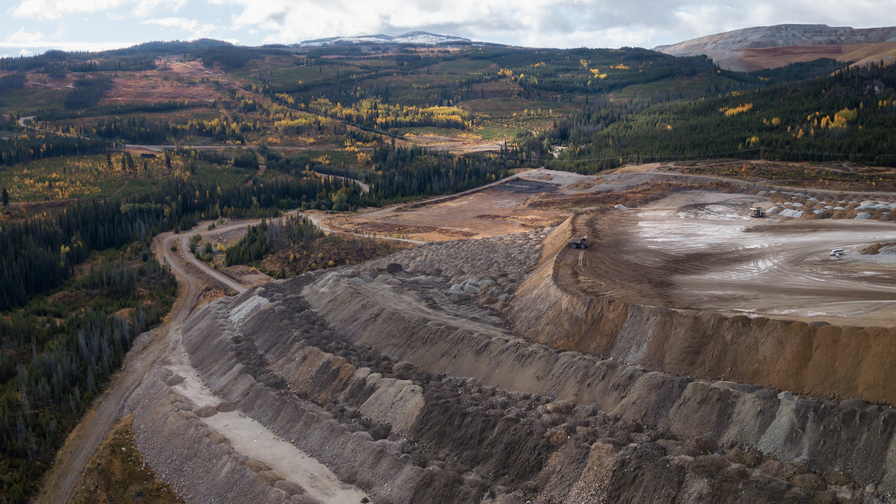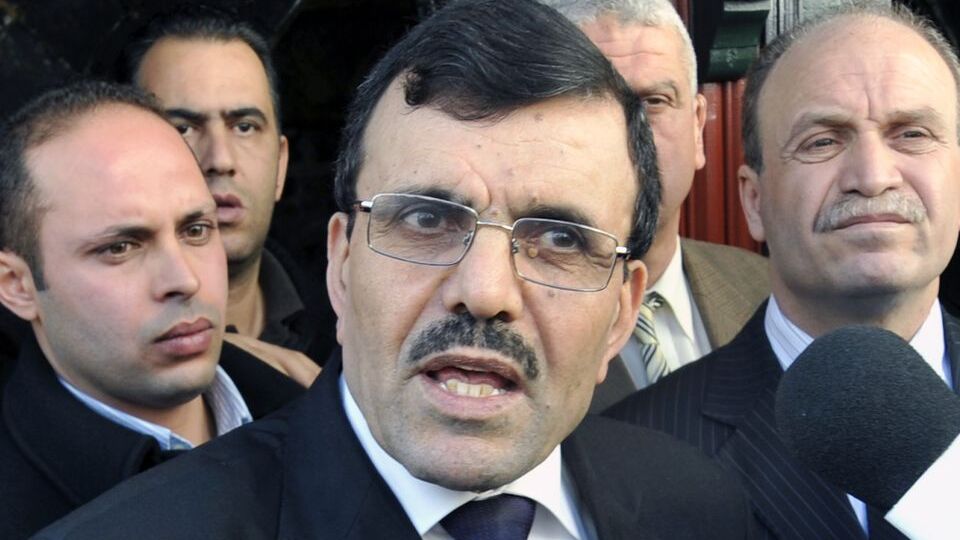
Ruashi Mining, a subsidiary of Jinchuan, sentenced in the DRC: 18 months in prison for its CEO Wang Tao and a $10 million fine
A judgment that cracks the armor of mining giants
On February 21, 2025, the Kinshasa/Gombe Peace Court delivered a verdict that resounded like a bolt from the blue in the often opaque skies of mining affairs in Africa. Wang Tao, CEO of Ruashi Mining SAS, was sentenced to 18 months in prison and a fine of 2 million Congolese francs for breaking seals and slanderous denunciation. Ruashi Mining , a 75% subsidiary of Metorex—itself owned by the Chinese giant Jinchuan —and 25% of Gécamines, was jointly and severally ordered to pay $10 million in damages to a Franco-Congolese entrepreneur.
This judgment is all the more resounding because it targets a Chinese-controlled company operating in a strategic sector for the DRC: the mining of copper and cobalt, metals essential to the global energy transition. The Ruashi mine, located near Lubumbashi, is one of the largest in the country and symbolizes China's growing influence over African resources.
A case with sprawling ramifications
The dispute arose from a $7.5 million debt that Ruashi Mining owed to NB Mining Africa SA and Octavia Limited. Despite several court rulings in favor of the contractor, Wang Tao allegedly attempted to block the execution of the seizures by filing new, contradictory applications and diverting seized funds, including $1 million from TMB and nearly $460,000 from Ecobank.
He is also accused of having resealed already seized property and of having transmitted falsified documents to the judicial authorities. These practices, if proven, would demonstrate a deliberate attempt to circumvent the Congolese judicial authorities.
The conviction of Wang Tao and Ruashi Mining marks a rare legal victory against a powerful foreign company in the DRC. It could pave the way for a broader rethink of the governance of foreign mining subsidiaries operating in Central Africa.
Africa faces its demons and its resources
This case highlights the growing tensions between African states and foreign multinationals exploiting their natural resources. In the DRC, as elsewhere on the continent, local populations often see few positive impacts from mining activities, while profits disappear into distant horizons.
The conviction of Ruashi Mining could be interpreted as a strong signal sent by the Congolese justice system: the era of impunity for foreign mining giants may be over. It also serves as a reminder of the need for African countries to strengthen their judicial institutions and ensure that the exploitation of their resources primarily benefits their citizens.
In a context where global demand for strategic metals continues to grow, Africa must more than ever assert its sovereignty and ensure that its natural resources serve its development and not that of foreign interests.



Leave a comment
This site is protected by hCaptcha and the hCaptcha Privacy Policy and Terms of Service apply.